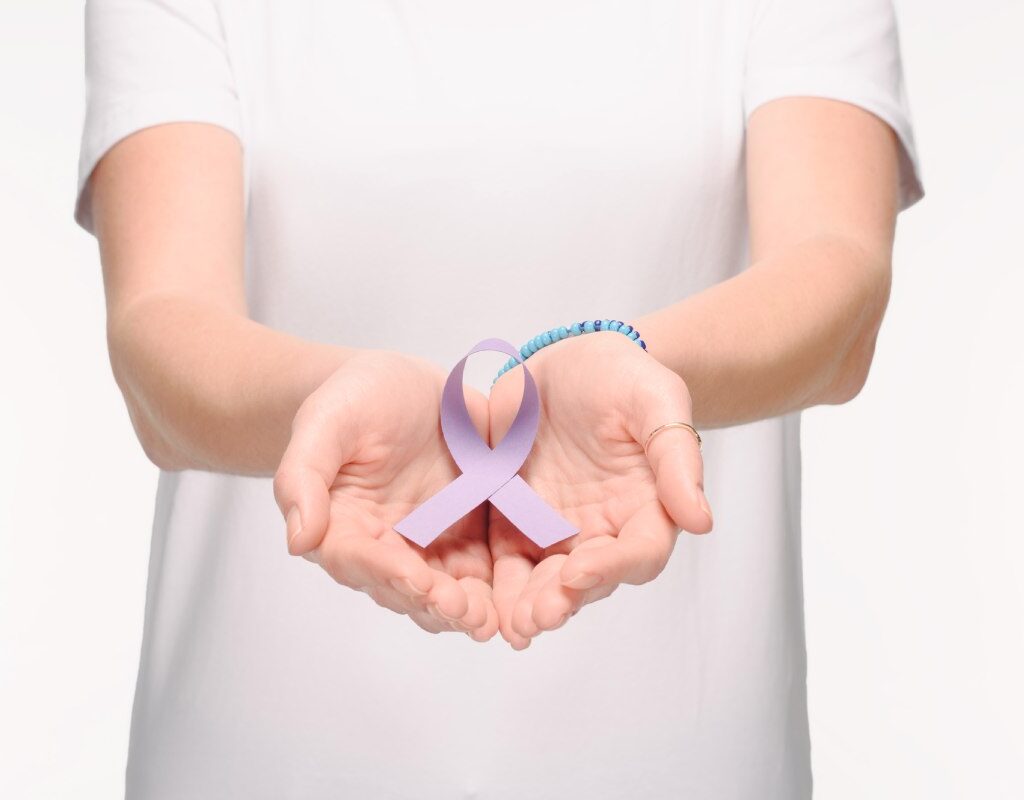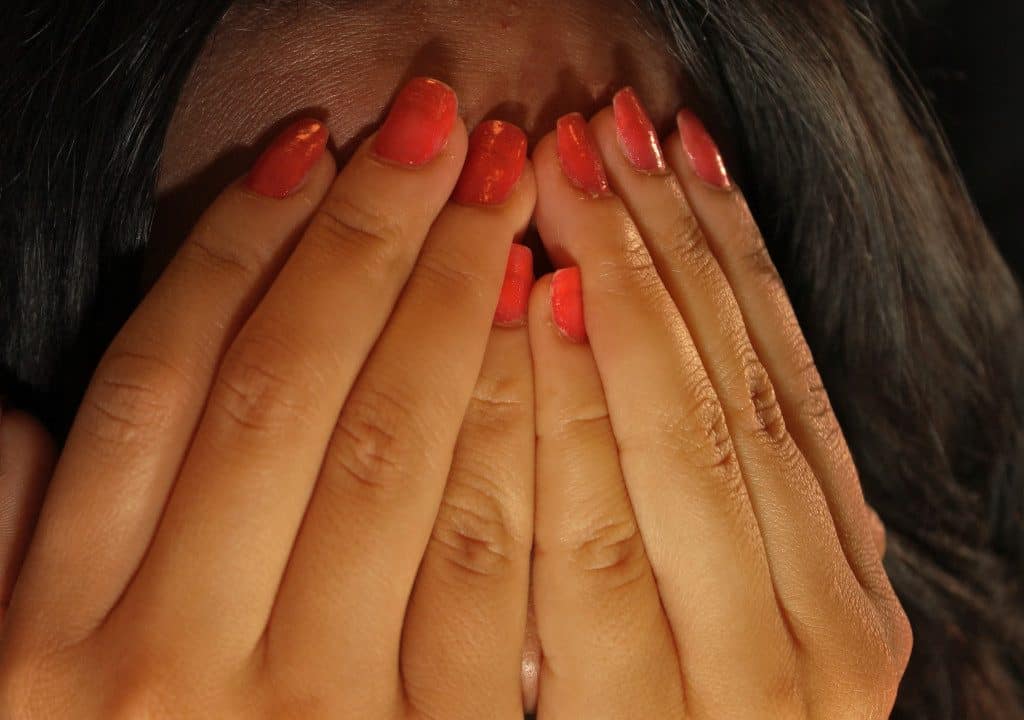Lupus Through Biodecoding opens a window to a realm where physical symptoms are mere reflections of internal emotional battles. This perspective encourages us to understand the illness beyond its clinical manifestations, pinpointing emotional conflicts as the pathology’s core.
Interpreting Lupus in Biodecoding
When we discuss lupus, we’re dealing with something far more complex than a mere disease or syndrome. Picture it as a puzzle of varied symptoms, each mirroring different emotional conflicts that might be experienced together or in rapid sequences.
Previously, for physicians, diagnosing lupus was relatively straightforward if they encountered more than one of these symptoms…
Joint Pain, Inflammation, or Swelling
There you have your joints, affected and crying out for attention. They are related to what’s called the new mesoderm, essentially the part of us that allows movement and self-worth. Add to this blood issues, that vital fluid connecting us to the concept of family, and it’s not surprising to see how our blood test numbers veer towards anemia.
This scenario can be the echo of a perceived devaluation from within the family, which paralyzes you or makes you feel incapable of moving forward in life.
Pericarditis or Pleuritis
Imagine these “little skins” as the guardians of your heart and lungs, emerging from the ancient mesoderm, symbolizing separation conflicts or the need for protection. This can translate into an internal struggle related to familial love and the desire or refusal to separate from it.
The lungs, on the other hand, represent our vital space, our territory. They may suggest deep fears of being invaded or vulnerable within our safest space: the family.
Kidney Conflict
The kidneys are tied to our most basic survival. They are in charge of processing the fluids we consume and, in a more primitive sense, marking our territory. This could be interpreted as a difficulty in “filtering” or emotionally processing the boundaries of your environment or relationships.
Emotional Conflicts Behind Lupus
Delving into the analysis of the kidneys and their message about marking our territory or managing our fluids, we’re actually seeking clues about the emotional influence behind these signals. Indeed, family, work, or school could be playing a pivotal role here:
- What is that territory you feel doesn’t belong to you?
- What space do you believe has been taken from you?
- Is there a place you find hard to claim as your own?
- From what realm do you feel detached or disconnected?
- Why do you feel out of place, like a fish out of water?
Expanding this reflection towards the theme of liquidity, it’s time to question our spending patterns:
- Where are you investing so much that your money seems to evaporate?
- What’s the reason behind the guilt that invades you every time you open your wallet?
- Why do you live under the constant feeling that you should restrict your spending?
Each lupus symptom encloses a potential emotional conflict, an unattended emotion. It’s not just about having lupus; it’s about having gone through one or several of these unresolved emotional states, now manifesting as symptoms.
Adding to the list of symptoms and their emotional interpretations:
- Muscle pain: you feel a profound devaluation.
- Hives: you experience feelings of separation.
- Hair loss: another sign of devaluation.
- Discolored fingers: indicate a mix of devaluation and feelings of separation.
- Swollen eyes: relationship issues; you don’t want to see or face something that once satisfied you.
- Mouth ulcers: relational conflicts; someone said or you said something humiliating.
- Exhaustion with fever: May indicate an attempt to resolve conflicts, but if persistent, suggests incomplete resolution.
With the presence of two or three of these symptoms, medicine can quickly label you with lupus.
You don’t need to exhibit all the symptoms to receive this diagnosis. However, if the core of your problem lies in personal devaluation, this diagnosis can exacerbate your condition, as the perception of weakness or nervousness will intensify.
Facing a lupus diagnosis, the essential thing is to identify and work on those underlying emotional conflicts in your life.
The Emotional Conflict of Devaluation
It directly affects bones and joints, manifesting specifically according to the type of devaluation you’re experiencing, which is common in the pain and arthritis associated with lupus.
Focusing on these emotional aspects, exploring and resolving them, can offer a new perspective and relief to those facing these symptoms, paving the way towards a better understanding and management of their overall well-being.
Deep Emotional Conflicts and Their Relationship with Lupus
Conflict of Uprooting or Feeling Like a “Fish Out of Water”
This emotional dilemma directly impacts one or both kidneys, leading to fluid accumulation and inflammation in the body. This phenomenon, known as lupus nephritis in the context of lupus, is the physical reflection of not feeling in the desired place or feeling displaced.
The incomplete management of this conflict, that is, finding partial solutions that do not address the root of the problem, can trigger chronic kidney failure. It’s like constantly trying to adjust to an environment that never feels like your own, which, in the long term, takes a toll on renal health.
Emotional Conflict of Separation
This conflict affects the skin, especially the epidermis. It manifests clearly in the healing stage, where the body’s attempt to heal translates into swelling or edema of the epidermis.
This edema is not only a sign of repair but paradoxically can intensify the feeling of alienation or being a “fish out of the water,” marking the skin with noticeable spots or lesions.
The Pulmonary Factor
The lungs represent the fear of death. This profound fear can exacerbate all previous emotional conflicts, becoming a powerful trigger that further complicates the situation.
It’s possible that these emotional conflicts overlap, occurring simultaneously or in rapid sequences. This illustrates the often tumultuous dynamics of lupus patients, who may move from resolving one conflict to facing another, in an apparently endless cycle.
The Cyclical Nature of Conflicts and Lupus
Patients with lupus often enter and exit phases of remission, triggering and resolving conflicts without implementing lasting changes in their lives. This pattern of temporary resolution followed by relapses is a challenging cycle that requires a deeper and more meaningful intervention to break.
Headache as an Indicator
Headaches emerge as clear signals that, although there has been partial healing, the individual has reverted to old patterns.
Brain edema during repair can dangerously increase if the individual falls back into unresolved emotional conflicts, especially those associated with the feeling of uprooting.
This not only poses a risk to the patient’s life but can also trigger a series of behavioral and psychological problems, given that each emotional conflict affects different areas of the brain, creating what is known as a “symptom constellation.”
Towards a Comprehensive Understanding
It is crucial to understand that the challenges faced by lupus patients extend beyond the confines of a weakened immune system.
True healing involves addressing these deep emotional conflicts, seeking solutions that not only alleviate physical symptoms but also resolve the emotional and psychological roots of the disease.
The immune system, that complex defensive network of our body, is affected by a variety of factors, but from the perspective of bio decoding, changes in it are interpreted as a reflection of how the brain manages multiple conflicts and symptoms simultaneously.
In its attempt to ensure survival, the brain might, metaphorically speaking, “neglect” its defenses by prioritizing the resolution of other more immediate conflicts, such as renal, pulmonary, or skin issues.
The Path to Healing
True liberation from a lupus diagnosis involves deep introspection and an analysis of the environment we live in. Here are some key steps towards recovery:
- Evaluate your environment: Take a moment to reflect on who you share your space with and the conditions of this environment. Ask yourself if these circumstances are contributing to your well-being or, conversely, are exacerbating your symptoms.
- Establish healthy boundaries: Learning to distance yourself from people or situations that devalue you or contribute to a toxic environment is crucial. This step is not easy and may require support and time, but it is essential for your healing process.
- Seek a healthy territory: Find a space, whether physical or emotional, where you do not feel invaded or threatened. A place that allows you to feel safe, valued, and understood.
- Self-sufficiency and empowerment: Here, it refers to the ability to take control over your life and decisions, freeing yourself from the victimization mentality (“Poor me”). It’s the process of empowering yourself so you can lead significant changes in your life.
Beyond the Diagnosis
Lupus, seen through the lens of biodecoding, invites us to consider not only the physical symptoms but also the emotional and environmental fabric in which these symptoms develop and persist.
Complete healing requires more than conventional treatments; it demands a transformation in how we live, how we relate to ourselves and others, and how we tackle the emotional conflicts that arise in our path.
The challenge is significant, but so is the reward: a more fulfilling, healthy life in harmony with our inner self and the world around us. This process is not just about healing from lupus but a journey towards self-discovery and personal fulfillment.
With information from Biodecoding of Christian Fleche
The cover image has been provided courtesy of Depositphotos.com




